By Jacey Eckhart
Who says opportunity knocks? Opportunity grudgingly comes to the door, grumpy and hung over, only when you beat upon that door with your tiny fists.
So, get to it. You are ready. You might even be feeling some excitement right now.
Right up to the moment you turn and look down the long hallway. It’s an improbably long, twisty, mathematically impossible hallway. You see many doors down there. Big ones, small ones, fat ones, skinny ones. Red and blue and green and yellow and black ones. It looks like M.C. Escher and Dr. Seuss had a twisty little baby and it was a hallway. So how do you know which door to knock on first?
Good question, kid. Choices are not new to you. It is estimated Americans make 35,000 nearly conscious decisions per day. Sometimes you go with your gut. Sometimes you do what is best for other people. Sometimes you avoid the decision completely or let someone else choose for you. A Next Door decision puts you right in front of the paradox of choice. The more choices you have, the more anxiety you get, the more you fear the consequences of making the wrong decision.
Since it is so hard to know what to do, right now concentrate instead on the don’ts.
Don’t focus on what you want to do most. You might not recognize it at first. Do the easy thing and identify what you know you DO NOT want to do. We all know instinctively what we don’t like. I definitely do not want to work outside in the snow because I cry easily when I am cold. I don’t want to fly across the Atlantic Ocean every day because I have a very flat bum and it goes to sleep easily. I don’t want to live where the sun does not shine. Make a list of what you don’t want to do.
Don’t pretend you need to know your “passion” or “purpose.” In the research for his book, So Good They Can’t Ignore You, Georgetown professor Cal Newport found that not everyone has a passion. Instead, successful people developed a passion for their work when they were good at their jobs. Granted, you cannot ignore what you know you DO NOT want to do, but you can try a little harder for a little longer to figure out if this is something you do want to do.
Don’t think about rewards. Sometimes the most unexpected benefit of the long hallway is the privacy. In the darkness of the hallway you can admit your truth. Is it money you want most? Or intellectual stimulation? Or working with people you truly like? Or living near your mom or your grandkids? Or doing something meaningful? Or having an outlet for your burning creativity? Maybe you want to reject the hassle of all those things and opt for a more simple, stress-free life. Once you admit what it is you want, own up to the price you are willing to pay in order to get it. Long hours? Business travel? The agony of coming up with a new idea every day? Less money? Traffic? Pick your poison.
Don’t spend any more time thinking stuff up. Instead, get it all down. Make a concrete list of the possibilities you truly will consider and the doors you are willing to (maybe) knock on. Generate as many ideas as you can. Work on those. Come up with new ideas.
Don’t ignore what makes you mad. Positive energy is not the only energy. Yes, people can do their best work when they work with what they love or what is leaning closest to their sled. But the thing they loathe has every bit as much power. Which choice has the most energy behind it?
Don’t forget to do the easy cuts. Do a little research on the doors in front of you. Just because they exist does not mean you have to knock on them. Read up on school districts in the areas you plan to buy a house. Research the majors or jobs you dream of doing on Vault or Glassdoor or MyNextMove.org, an online tool from the Department of Labor.
Don’t skip the experimental stage. Just because a door cracks open to you does not mean you have to barge through it. You can stand on the threshold and look inside before you go in. Bill Burnet and Dave Evans from Stanford’s d.school suggest that you devise some short-term experiments to see if your solution will work. The goal, they say, is to fail fast and fail forward. Do an internship. Teach a one-day workshop. Start a blog. Go to some conferences or trade shows. Drive from your dream house to your job in real-time traffic. Get real-time data.
Don’t neglect the imagined lives exercise.
Most people do not live their lives in one unbroken line from A – Z. Instead, they live in two- to four-year phases. Imagine what your life could be like in three months, three years, and thirteen years. Try to see it, hear it, smell it, feel it, taste it.
You can figure out what you really want to do, but you cannot figure out if that first door is going to be a winner. Have a little patience and just keep knocking.
